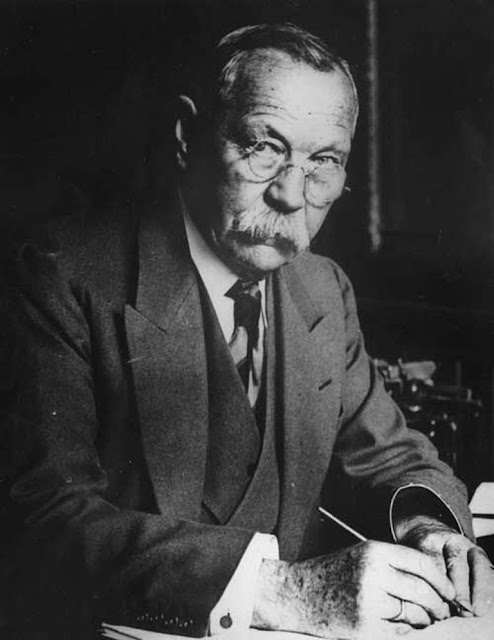 |
| Vernon Lee by John Singer Sargent |
From the Letters of Doctor Alessandro De Rosis to the Lady Evelyn
Savelli, Princess of Sabina.
Montemiro Ligure, June 29, 1873.
I take immediate advantage of the generous offer of your Excellency (allow an old Republican who has held you on his knees to address you by that title sometimes, 'tis so appropriate) to help our poor people. I never expected to come a-begging so soon. For the olive crop has been unusually plenteous. We semi-Genoese don't pick the olives unripe, like our Tuscan neighbors, but let them grow big and black, when the young fellows go into the trees with long reeds and shake them down on the grass for the women to collect—a pretty sight which your Excellency must see some day: the grey trees with the brown, barefoot lads craning, balanced in the branches, and the turquoise sea as background just beneath…. That sea of ours—it is all along of it that I wish to ask for money. Looking up from my desk, I see the sea through the window, deep below and beyond the olive woods, bluish-green in the sunshine and veined with violet under the cloud-bars, like one of your Ravenna mosaics spread out as pavement for the world: a wicked sea, wicked in its loveliness, wickeder than your grey northern ones, and from which must have arisen in times gone by (when Phoenicians or Greeks built the temples at Lerici and Porto Venere) a baleful goddess of beauty, a Venus Verticordia, but in the bad sense of the word, overwhelming men's lives in sudden darkness like that squall of last week.
To come to the point. I want you, dear Lady Evelyn, to promise me some money, a great deal of money, as much as would buy you a little mannish cloth frock—for the complete bringing-up, until years of discretion, of a young stranger whom the sea has laid upon our shore. Our people, kind as they are, are very poor, and overburdened with children; besides, they have got a certain repugnance for this poor little waif, cast up by that dreadful storm, and who is doubtless a heathen, for she had no little crosses or scapulars on, like proper Christian children. So, being unable to get any of our women to adopt the child, and having an old bachelor's terror of my housekeeper, I have bethought me of certain nuns, holy women, who teach little girls to say their prayers and make lace close by here; and of your dear Excellency to pay for the whole business.
Poor little brown mite! She was picked up after the storm (such a set-out of ship-models and votive candles as that storm must have brought the Madonna at Porto Venere!) on a strip of sand between the rocks of our castle: the thing was really miraculous, for this coast is like a shark's jaw, and the bits of sand are tiny and far between. She was lashed to a plank, swaddled up close in outlandish garments; and when they brought her to me they thought she must certainly be dead: a little girl of four or five, decidedly pretty, and as brown as a berry, who, when she came to, shook her head to show she understood no kind of Italian, and jabbered some half-intelligible Eastern jabber, a few Greek words embedded in I know not what; the Superior of the College De Propagandâ Fide would be puzzled to know. The child appears to be the only survivor from a ship which must have gone down in the great squall, and whose timbers have been strewing the bay for some days past; no one at Spezia or in any of our ports knows anything about her, but she was seen, apparently making for Porto Venere, by some of our sardine-fishers: a big, lumbering craft, with eyes painted on each side of the prow, which, as you know, is a peculiarity of Greek boats. She was sighted for the last time off the island of Palmaria, entering, with all sails spread, right into the thick of the storm-darkness. No bodies, strangely enough, have been washed ashore.













